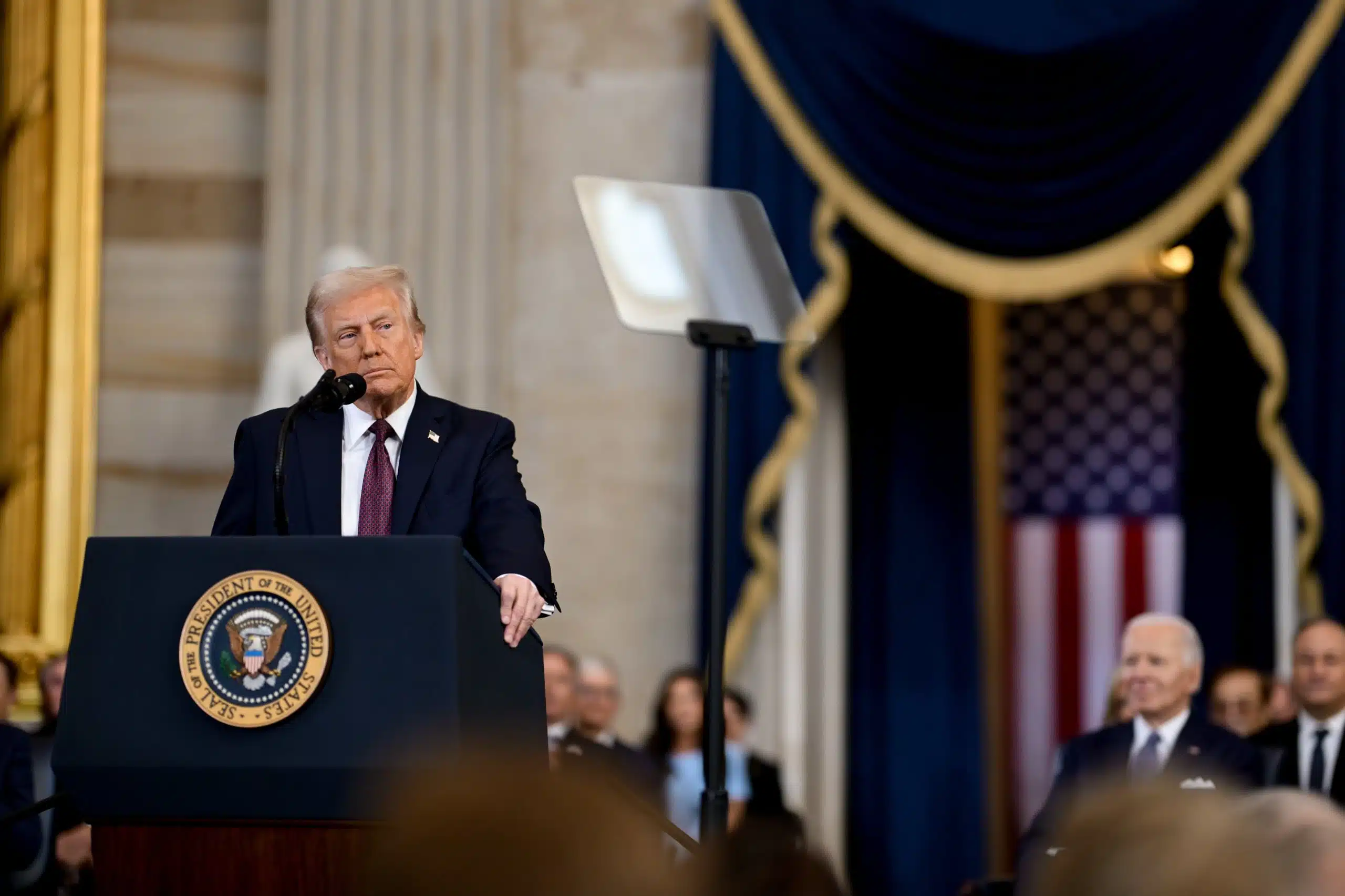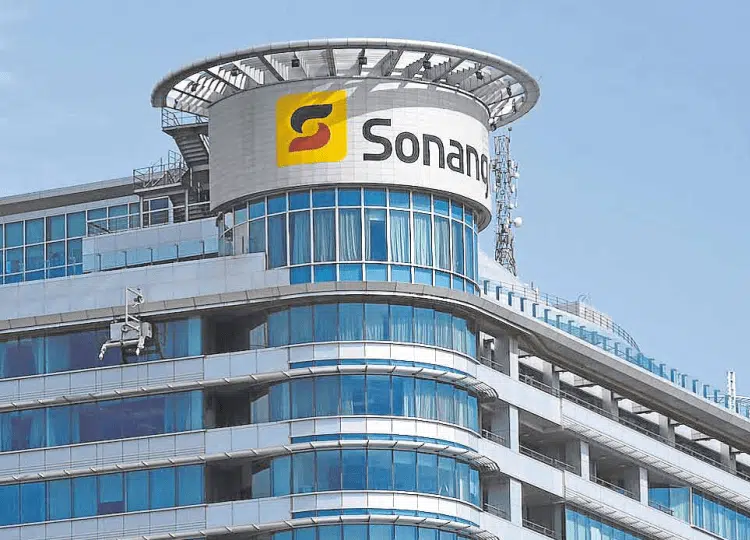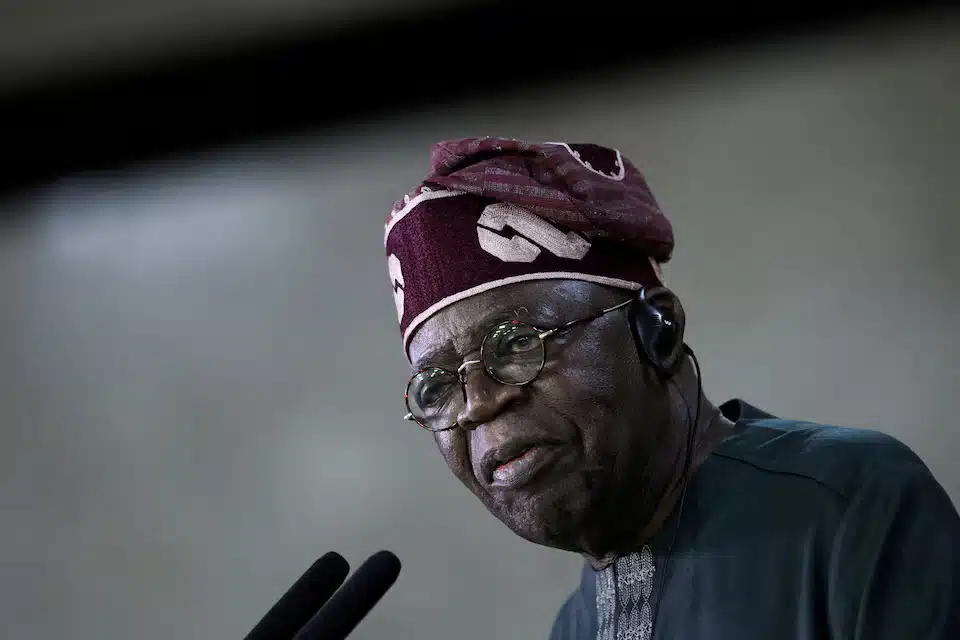When fuel prices are already squeezing households and businesses, slapping a 15% tax on petrol and diesel imports feels like pouring salt on an open wound. Let’s be honest.
Nigeria, a country that ironically exports crude oil, still relies heavily on imported refined products to meet domestic demand.
So when the government decides to tax those imports, it’s not just a policy decision—it’s a direct hit to the cost of living, inflation, and industrial productivity.
Currently, the Nigerian government is set to introduce a 15% ad-valorem tariff on imported petrol and diesel to protect local refineries.
The move has sparked confusion among economists and energy analysts alike.
This article breaks down the numbers, the logic—or lack thereof—and the ripple effects of a tax that might do more harm than good.
Dangote’s free trade zone advantage
When Nigeria passed the Petroleum Industry Act (PIA) in 2021, it promised a new era of transparency, competition, and deregulation in the downstream oil sector.
The goal was simple: let market forces determine fuel prices, reduce government interference, and attract private investment.
But the recent 15% tax approval on petrol and diesel has raised questions about whether the country is backtracking on its deregulation pledge.
At face value, the import tax is designed to protect and incentivize domestic refining, especially as the Dangote Refinery ramps up operations.
The mega refiner, which plans to more than double capacity to 1.4 million bpd by 2028, operates within a free trade zone and already enjoys tax exemptions.
If anything, the new import levy introduces a government-imposed cost barrier that distorts competition and tilts the market further in its favour.
Dangote Refinery has consistently argued that petrol importers benefit from an unfair advantage that undercuts domestic producers.
At one point, the company filed a N100 billion ($69.04 million) lawsuit—later withdrawn—against the industry regulator and several importers, seeking to revoke their import licenses.
Now, with the newly imposed 15% import tariff, the dynamics have shifted.
Importers face steeper costs, while domestic refiners like Dangote stand to gain from increased protection, raising questions about whether the market is truly operating on a level playing field.
Imported fuel already carries a heavy cost
Despite a 40% year-on-year drop in petrol imports between January and September, Nigeria still relies on imports for over 60% of its refined petroleum products. The rest comes almost entirely from the Dangote refinery.
Imported fuel prices are calculated using import parity pricing, which factors in Free on Board (FOB) costs, logistics, insurance, freight, and other associated charges. These layers already make imported fuel significantly more expensive.
While these charges generate substantial revenue for the government, they also inflate pump prices for consumers.
According to the latest report from the Major Energy Marketers Association of Nigeria (MEMAN), locally refined petrol is already cheaper than imported alternatives.
Imposing an additional 15% import levy will only widen that price gap—making imported fuel even less competitive.
Reduced competition, rising costs
The newly approved fuel import tariff introduces a market distortion that makes it harder for importers to compete with domestic refiners.
By discouraging fuel imports, the policy effectively reduces competition—potentially keeping pump prices elevated rather than driving them down.
According to official documents shared with the Federal Inland Revenue Service and the downstream fuel regulator, the tariff could raise pump prices by up to ₦100 per litre.
In addition, the government announced plans in August to introduce a separate 5% surcharge on petrol, diesel, and aviation kerosene starting in 2026.
Together, these measures signal a heavier financial burden for millions of Nigerians, many of whom have continued to voice frustration over high fuel costs since President Bola Tinubu’s mid-2023 declaration that “the subsidy is gone.”
Inflationary ripple effect
Fuel is a critical input across Nigeria’s economy, and its price movements have a direct impact on inflation.
The newly approved 15% import tariff on petrol and diesel is expected to push pump prices up by as much as N100–N150 per litre, amplifying costs across transportation, manufacturing, and consumer goods.
The tariff, applied to the Cost, Insurance, and Freight (CIF) value of imported fuel, is already influencing price projections.
“At current CIF levels, this represents an increment of approximately ₦99.72 per litre, nudging imported landed costs closer to local cost recovery without choking supply or inflating consumer prices beyond sustainable thresholds,” the official document stated.
“Even with this adjustment, estimated Lagos pump prices would remain around N964.72 per litre ($0.62), still significantly below regional averages such as Senegal ($1.76), Côte d’Ivoire ($1.52), and Ghana ($1.37).”
However, the timing is critical.
Fuel prices are already volatile due to exchange rate pressures and global oil market shifts.
This added cost burden could further accelerate Nigeria’s headline inflation, which stood at 26.72% in September 2025, according to the National Bureau of Statistics—deepening the strain on households and businesses alike.
Bottom line
The federal government’s plan to impose a 15% import tax on petrol and diesel may look like a move to protect local refineries, but it raises deeper economic concerns.
Nigeria still imports a significant share of its refined fuel, as local refineries—including the Dangote Refinery—are not yet operating at full capacity.
Without sufficient domestic supply, the tariff could exacerbate fuel scarcity and widen the gap between official and black-market prices.
For manufacturers and small businesses, especially those reliant on diesel generators due to unreliable grid power, this move could increase their cost of production.
Micro, small, and medium enterprises (MSMEs), which form the backbone of Nigeria’s economy,
In real terms, a price hike could:
- Shrink profit margins
- Force layoffs or closures
- Reduce consumer spending, as households redirect income toward fuel and essentials
So the questions remain, why penalise a supply chain that’s already fragile? Why raise costs when the country is still struggling to stabilise its currency and attract investment?
However we attempt to tweak the answers, the tariff move is nothing short of a contradiction—a protectionist policy in a supposedly liberalised market.
If we truly desired deregulation as enshrined in the PIA, shouldn’t all players compete on equal terms?










